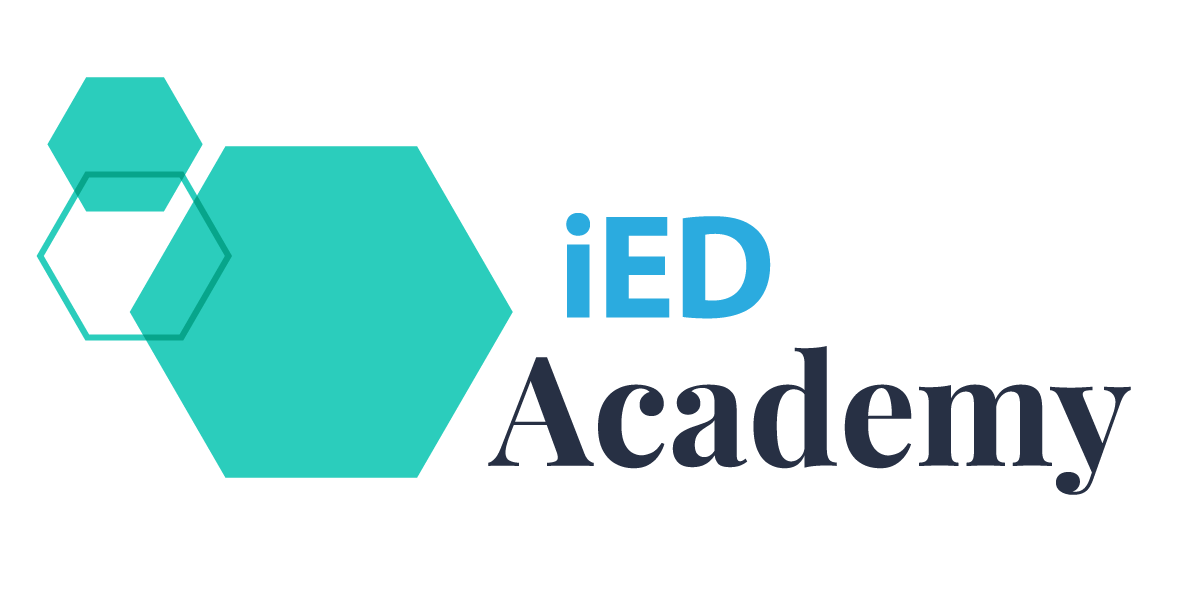Lifelong learning goals and benefits
IED
What is lifelong learning?
Lifelong learning is a fast-growing term that intrigues a lot of people today. Lifelong learning is the practice of self-initiated education. The main focus of this type of education is self-improvement, personal, and professional development.
At the moment there is no way we can identify a specific lifelong learning definition seeing as the practices refer to every form of education that is considered non-formal. In other words, everything you learn and can provide you with lifelong learning skills is part of the definition.
The lifelong learning process
Everything we learn from a very young age and adds value to our lives is lifelong learning. For example, at a young age, we learn to share, ride a bike, and draw. All three of these simple “lessons” are adding value to our lives and are also giving us the option of developing new skills.
If we were to identify the lifelong learning process we would see every experience that serves a specific goal in our lives that goes beyond what is considered formal.
We could say that the most characteristic example of the lifelong learning experience is the use of smartphones and modern technology. Not every adult knows how to use smart devices today. Most adults are not receiving any type of formal education on the subject.
This is why when, as adults or children, we are learning to use smart devices we are completing lifelong learning goals that will be valuable to us, one way or another.
Why is lifelong learning important?
Many things in life make lifelong learning goals important. And for each person, there are different priorities. For many, lifelong learning represents a form of self-motivation and self-confidence. Lifelong learning courses allow us to explore new possibilities and ideas that we may have not been familiar with before.
For others, lifelong learning lessons are all about improving their professional skills and adding value to themselves as employees and important stakeholders. Of course, the improvement of professional skills is linked to personal improvement as well.
In general, your lifelong learning goals can help you in many different ways. From adding new skills and competencies to your current pool to teaching you how you can value yourselves and your life better. Each person chooses the importance of lifelong learning for themselves.
Finding the best resources
Lifelong learning resources can be found pretty much everywhere. To identify the best, you need to make a list of priorities and set your lifelong learning goals in a way that will help you in the process.
After recognizing your goals and interests, you must make a list of all the things that you would like to learn. Is it a new language? Do you have a passion for a specific field? Then you can choose the type of learning that is most convenient for you. Bite-sized learning courses, for example, are a big hit, seeing as they can give you valuable information in only a few minutes.
Make time for lifelong learning classes. Finding the resources is no good unless you have time for them. Even if it is only a few minutes every day or a couple of hours every week. Make time for your development.
Conclusion
Lifelong learning goals are important. It is your way of rewarding yourselves with more knowledge, skills, and development. We all have that natural drive to explore more things, grow through our experiences, and learn as much as we can about the world and everything it contains.
They say in life you never stop learning. The key is to choose what you want to learn when you want to learn it, and how.

Drag to resize
Copyright © 2024 Academy
Powered by the Institute of Entrepreneurship Development (iED)
Powered by the Institute of Entrepreneurship Development (iED)